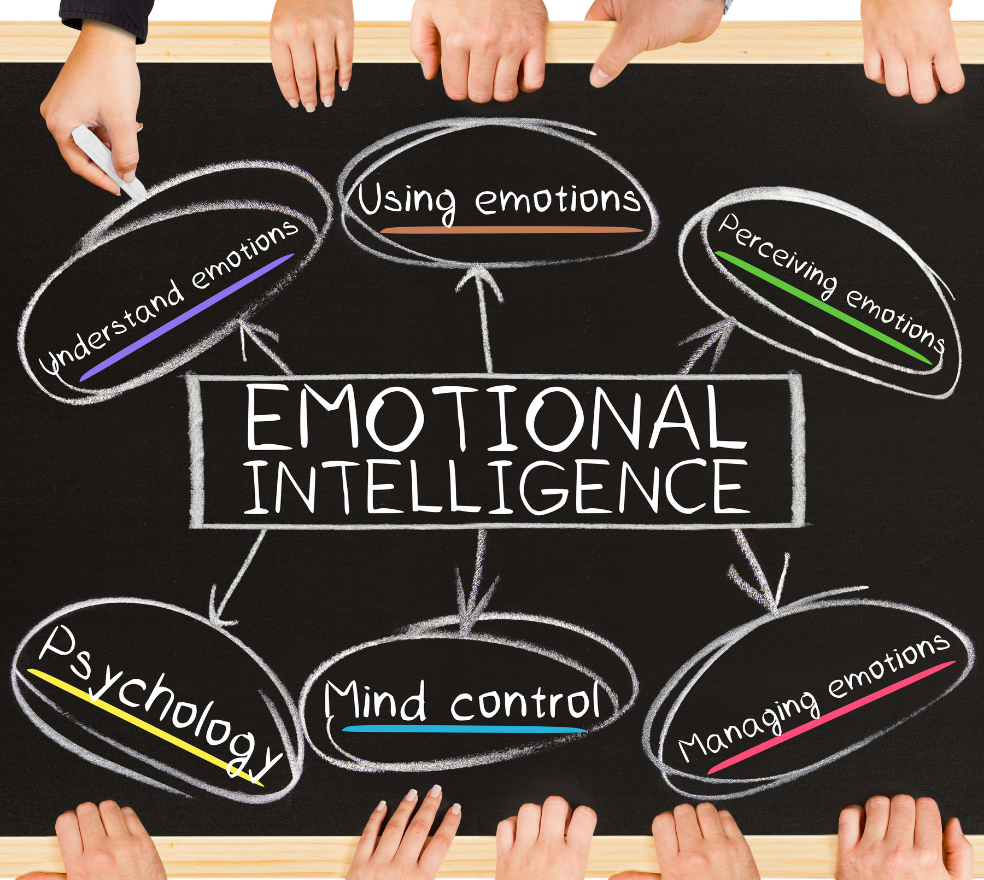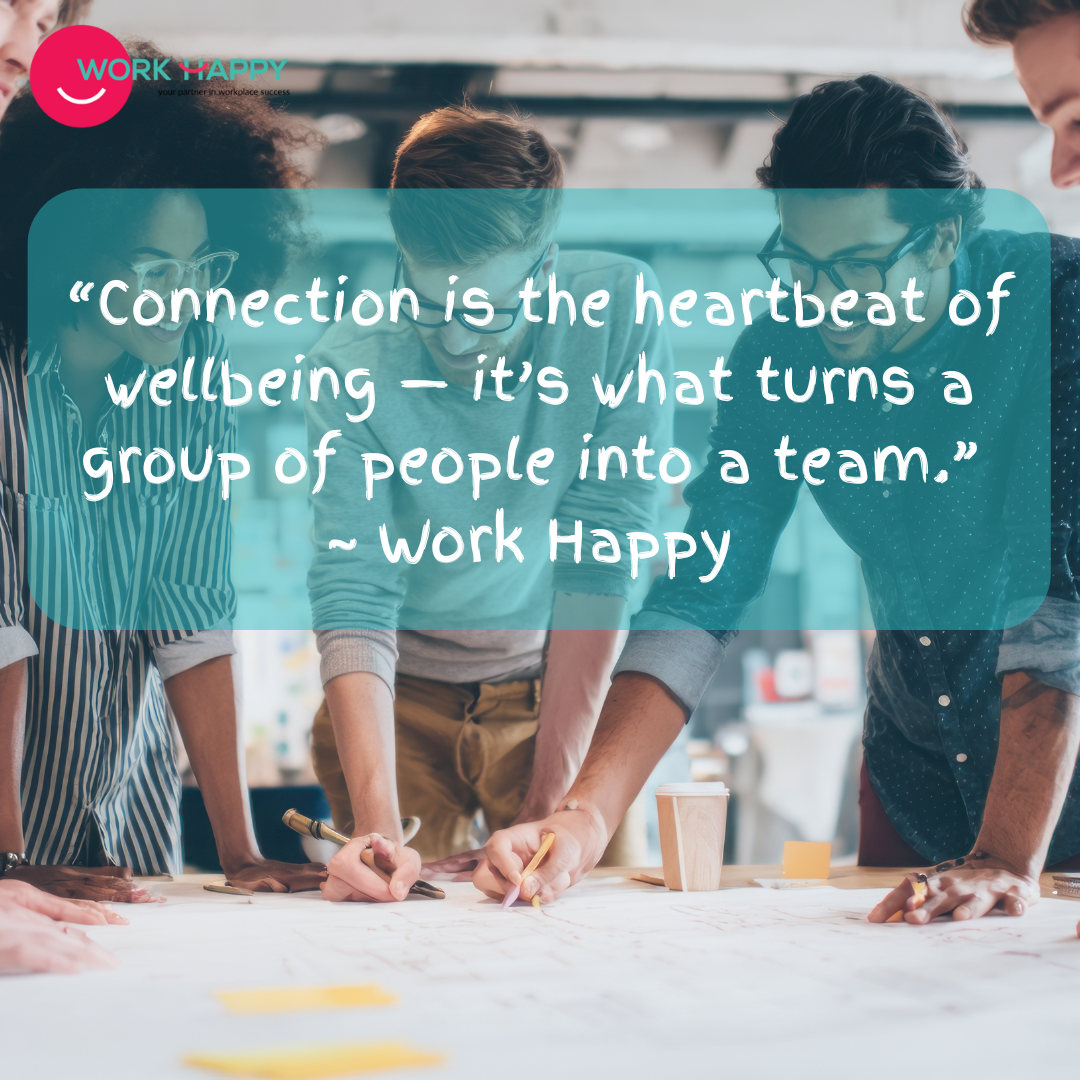
In today’s fast-moving workplaces, technical skills and experience are no longer enough. What sets truly impactful leaders apart is emotional intelligence (EQ)—the ability to understand, manage, and respond to emotions, both in ourselves and others.
What is Emotional Intelligence?
Emotional intelligence is made up of five core components:
A common question in today’s workforce is:
“Are people more likely to be promoted based on technical skills or interpersonal skills?”
While technical expertise helps you succeed in your current role, it’s interpersonal skills that often determine who moves into leadership.
What the research says:
In Summary:
In early career stages, promotions tend to rely on reliability and hard skills. As you progress, it’s EQ and interpersonal skills that set you apart.
In leadership roles, it becomes less about what you can do, and more about how you help others succeed. If you’re in a leadership role—or aiming for one—developing emotional intelligence is now expected. It’s essential for building trust, leading teams, and fostering psychological safety.
Why Emotional Intelligence Matters at Work
Emotionally intelligent leaders don’t just manage—they create connection and trust. Here’s how EQ impacts the workplace:
EQ and Personal Wellness Go Hand in Hand
Emotional intelligence doesn’t just support your team—it supports you. EQ contributes to:
When you lead with EQ, you show up with intention—for your people, and for your own wellbeing. If you’re interested in developing your leadership team—or preparing future leaders to practice emotional intelligence in the workplace—connect with us to explore our Leading with Emotional Intelligence workshop. Designed to build emotionally intelligent thinking and behaviour, with tools leaders can take away and apply immediately. Until next time, stay well.










